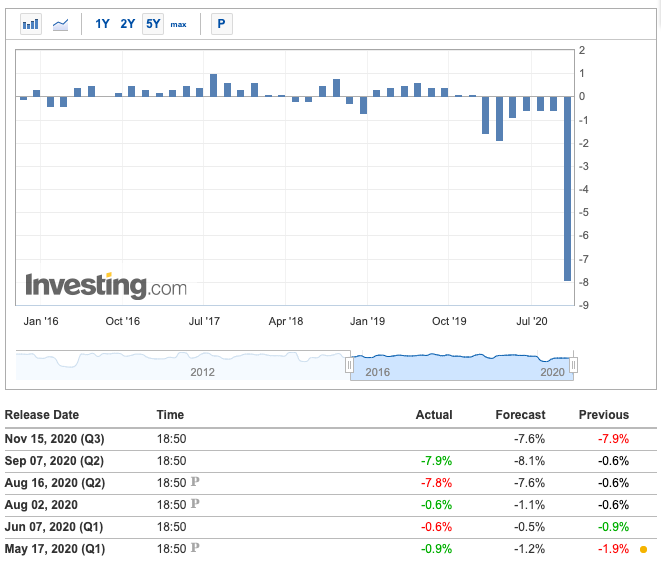Japan has relaxed its travel ban for business travellers from nine countries, including Singapore, Australia, Thailand, Taiwan, Vietnam, and China, effective last Sunday.
• Business travellers from Brunei, New Zealand, and South Korea would also be allowed to enter the country via a newly established “Business Track”, subject to a successful application.
• These visitors are exempt from a 14-day quarantine provided they provide proof of a pre-entry negative COVID-test and track location data for 14 days. In addition, they will have to submit a schedule of activities, including their place of residence, business destinations, and close contacts, for more effective contact tracing.
• However, tourists and foreign nationals from 152 high-risk countries are still barred from entering Japan, unless there are exceptional circumstances.
Why it matters: This will be the first time Japan has permitted inbound travel for foreign nationals since the inception of the pandemic in February.
• The government hopes to boost foreign investment and capital expenditure to help the country’s economy recover from its worst recession since WW2.
By the numbers: The economy posted its third consecutive quarter of declining GDP, witnessing a 7.9% drop in Q2 2020. A further contraction of 5.5% is forecasted in the upcoming fiscal year.
• Japan’s government has poured JPY 234 trillion in COVID-19 stimulus packages since the onset of the pandemic, which has raised concerns about the country’s growing debt.

Looking ahead: Foreign Minister Toshimitsu Motegi remains ambitious of the economy’s recovery amidst ongoing talks of potential travel corridors.
• Australia announced in mid-October that it was discussing a potential travel bubble with Japan.
• Hawaii is also considering a trans-Pacific travel bubble with Japan late this year.
Related Articles
Singapore Lifts Travel Quarantine for China and Victoria, Australia
Suga Announces Plan for Potential $96 Billion Stimulus Package
Microsoft to Establish Taiwan Data Centre, Set to Generate Additional $10 Billion by 2024





